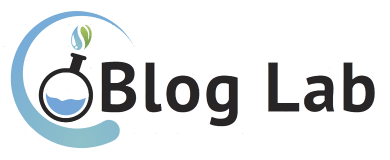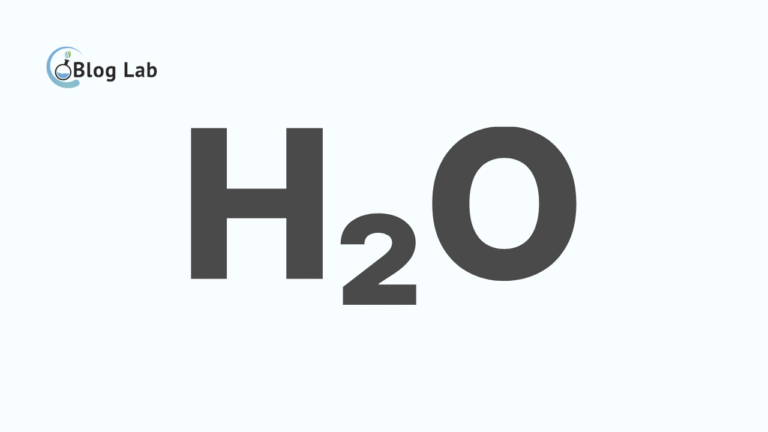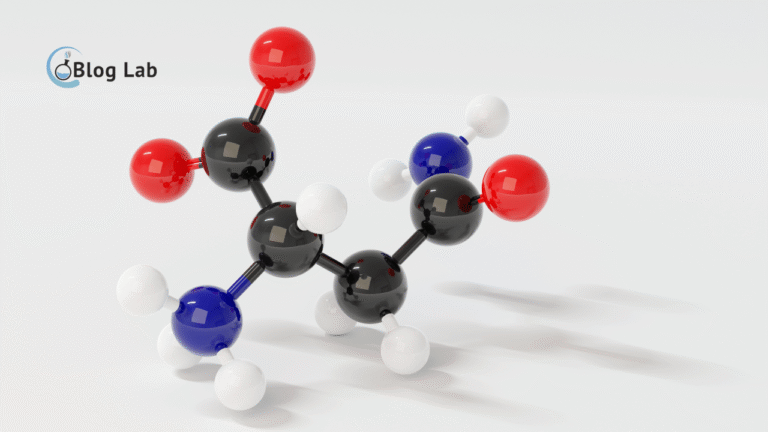15 branches of Chemical Sciences Complete with Explanation
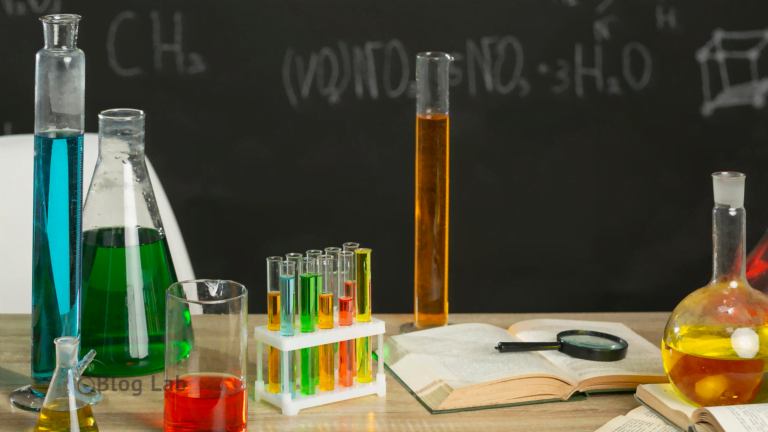
Welcome to the Blog Lab! On this occasion, we'll talk about the list chemical branch And the explanation. Chemistry is one branch of science. properties, structure, composition, and the substance reactions around us.
In its development, chemistry has evolved into many branches that allow us to understand and apply that knowledge in many aspects of life. Without delay, let's begin the ceremony!
Chemical Science
Apa itu ilmu kimia? Energi kimia berkaitan dengan energi yang terkait dengan reaksi kimia dan perubahan keadaan zat. Dalam ilmu kimia, kita mempelajari konsep energi potensial, kinetic energy, entalpi, dan entropi yang terlibat dalam reaksi kimia.
Chemistry not only focuses on understanding concepts and theories, but also applying that knowledge in real life. Through research and development, chemistry continued to evolve and contribute a great deal to human progress and the environment.
Source: Wikipedia
List of Chemical Science Branch and Explain
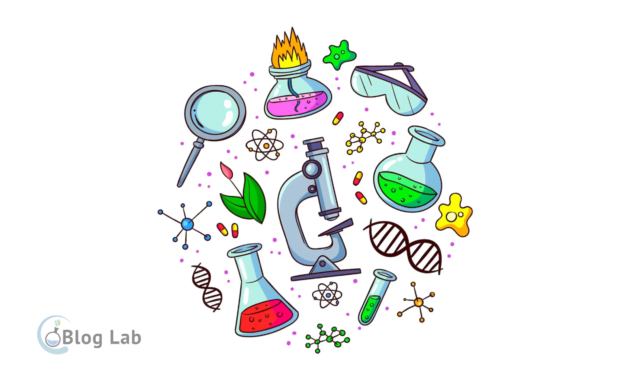
Here are some kinds of branches in chemistry that you can learn from, and from that, you'll have to explain the 15 chapters of Chemistry. Among them is:
1. Anorganic Chemistry
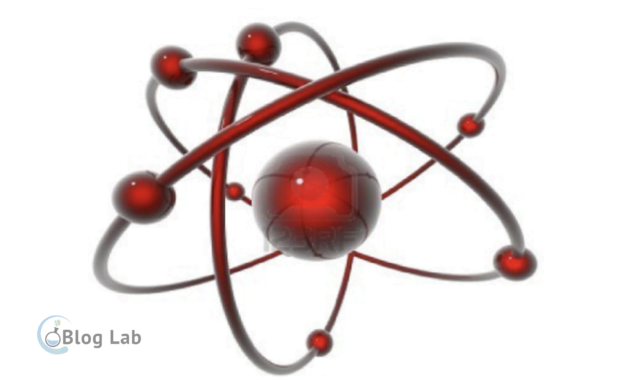
Anorganic chemistry adalah cabang ilmu kimia yang mempelajari zat-zat yang tidak mengandung karbon. Cabang ini fokus pada sifat-sifat zat anorganik, seperti logam, garam, asam, dan basa. Kimia anorganik memiliki peran yang penting dalam industri, pertanian, kesehatan, dan lingkungan.
2. Organic Chemistry
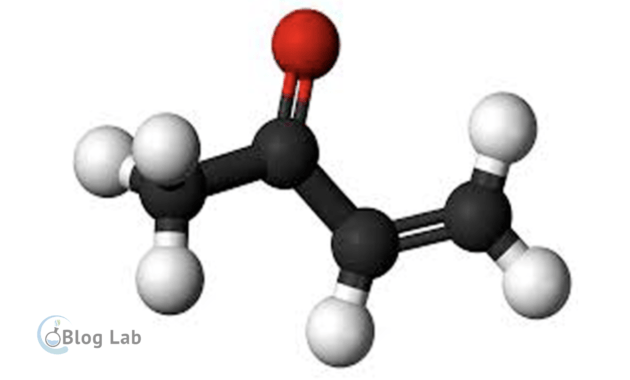
Organic chemistry is a branch of chemical science that studies carbon-containing compounds. This branch deals with structures, properties, synthesis, and organic compound reactions. Organic chemistry has a huge role in pharmaceutical, petrochemical, fuel and food industry.
3. Physical Chemistry
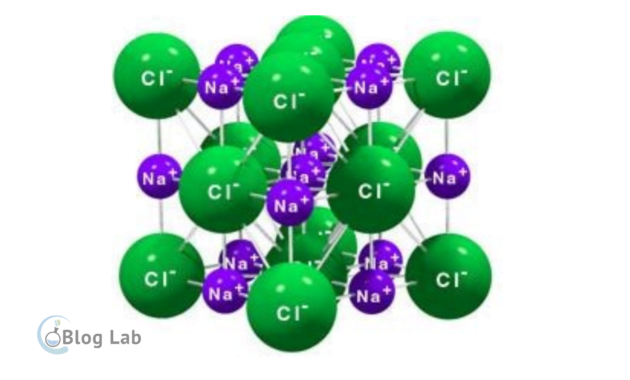
Physical chemistry is a branch of chemistry that studies the properties of substances and reactions using the principles of physics. This branch includes understanding of thermochemistry, chemical kinetic, electrochemical, spectroscopy, and more. Physical chemistry is an important role in developing technology, material research, and modeling molecules.
Four. Analytic Chemistry
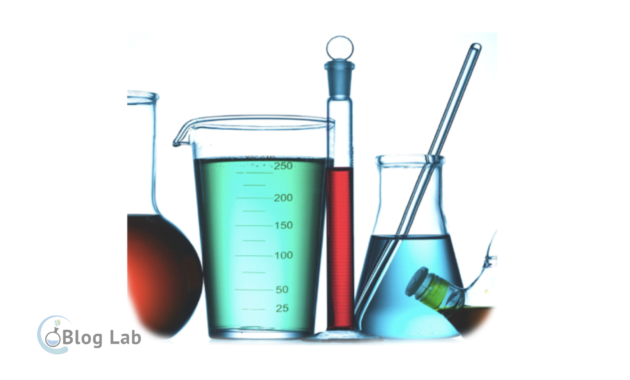
Analytic chemistry is a branch of chemical science related to zat-chemical analysis. These branches include the methods of analysis to identify, measure and separate components in a sample. Analytic chemistry is used in different areas, such as pharmacy, forensics, the environment and the food industry.
5. Biological Chemistry
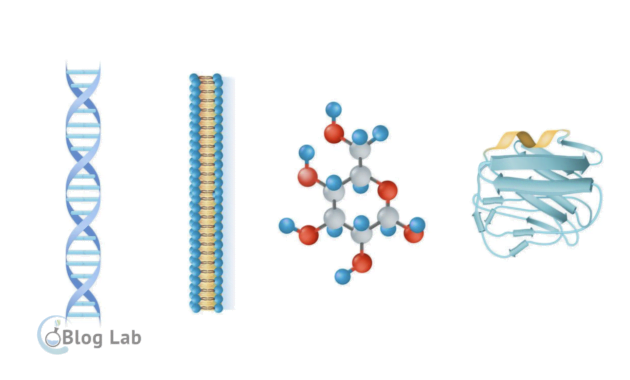
Biological chemistry is a branch of chemical science that studies the interaction between zats and biological systems. These branches focus on understanding chemical mechanisms in the process of life, like metabolism, protein structures, and enzyme reactions. Biological chemistry is used in biopharmacies, biotechnology, and other life science.
Six. Environmental Chemistry
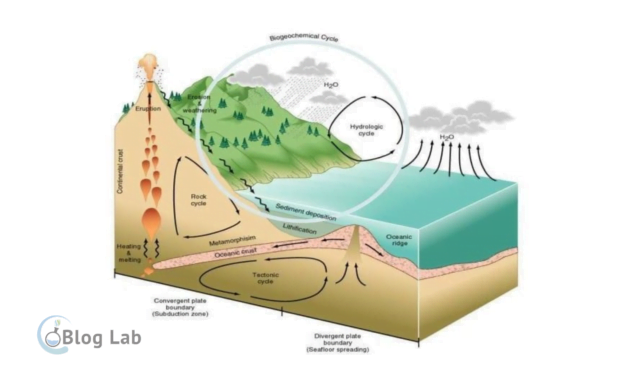
Environmental chemistry is a branch of chemical science that studies the effects of environmental chemicals. These branches include pollutants, biochemical cycles, and environmental recovery.
Environmental chemistry is relevant to keeping water, air and land clean and safe for life. It also plays an important role in understanding climate change and environmental technology development.
Seven. Material Chemistry
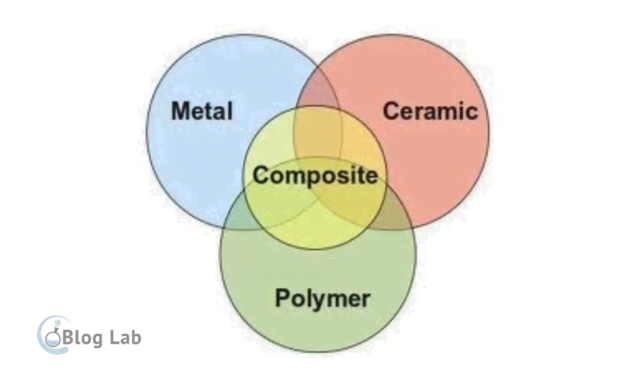
Chemical material is a branch of chemical science that studies material properties and synthesis. These branches include studies of semiconductor material, polymer, metal, ceramics, and more. The material chemistry is important in developing new materials with special properties, such as superconductors, fireproof materials, and composite materials.
Eight. Chemical Pharmaceuticals
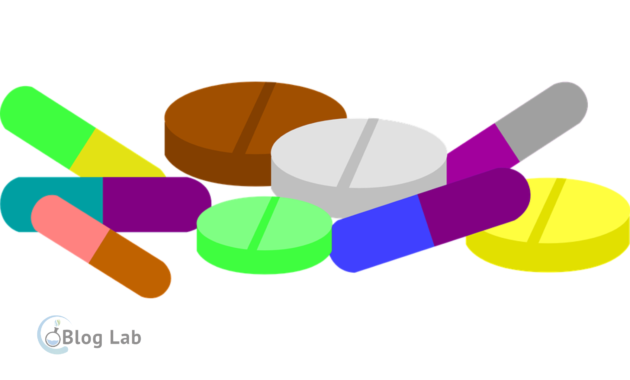
Pharmaceutical chemistry is a branch of chemical science that deals with research, development and medical production. This branch includes synthesized drug compounds, drug analysis, and drug security tests. Pharmaceutical chemistry is an important role in the pharmaceutical industry to make sure the drugs are generated are safe and effective.
Nine. Quantum Chemistry

Quantum chemistry is a branch of chemical science that uses principles - quantum mechanics principles to understand the properties of substances and reactions. These branches include molecular modeling and electronic energy calculations. Quantum chemistry is used in research about complex chemical reactions and understanding about material electronic structures.
10. Theoretical Chemistry
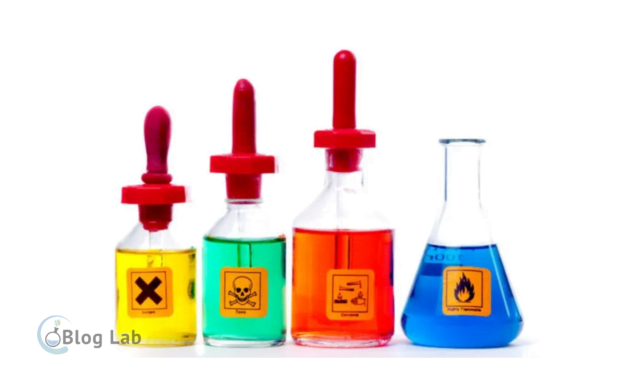
Theoretical chemistry is a branch of chemistry that focuses on developing mathematical and computing models to understand and predict properties of substances and chemical reactions. These branches include the use of computer simulations and theoretical calculations to study molecular structure and intermolecular interaction. Theoretical chemistry helps speed up new research and development in chemistry.
11.
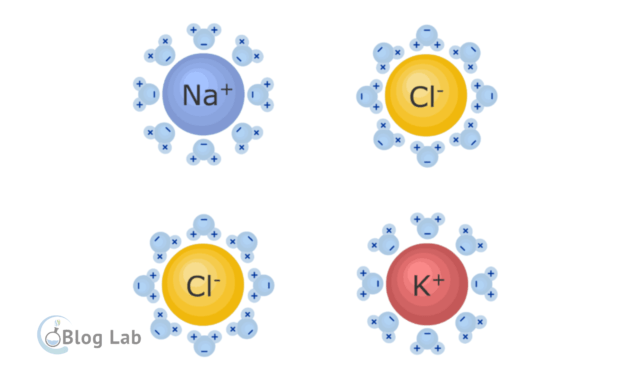
Supermolecular chemistry is a branch of chemical science that studies interaction between molecules to form larger complex structures. This branch includes understanding of self- assembly, the host-guest molecules, and the supramolecular-based materials. Supermolecular chemistry is important in development of functional materials and nanotechnology.
12.
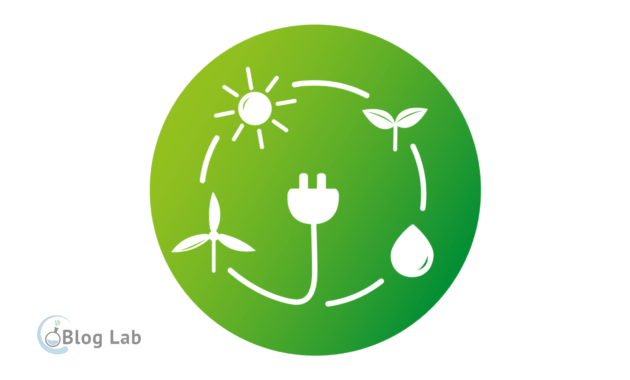
Continuity chemistry is a branch of chemistry that focuses on developing sustainable and sustainable chemical solutions. This branch includes understanding about the use of renewable materials, waste reduction, and energy efficiency in the chemical process. Chemistry sustainability contributes to creating more sustainable industries and maintaining environmental balance.
13. Computer Chemistry
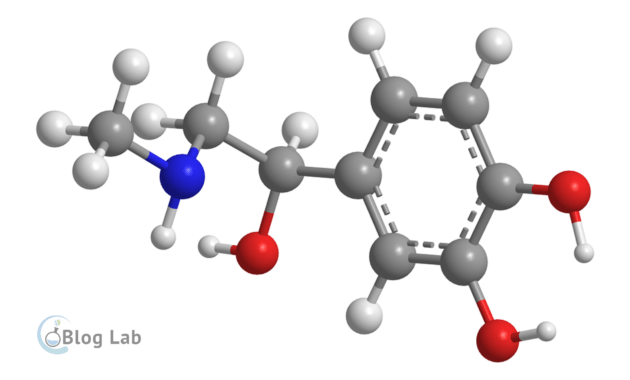
Computer chemistry is a branch of chemical science that uses computing methods and special software to understand and model chemical reactions and molecular properties. These branches include molecular structure calculations, molecular dynamics, and chemical predictions. computing chemistry is crucial in accelerating drug research and development, new materials, and complex chemical reactions.
14. Food Chemistry
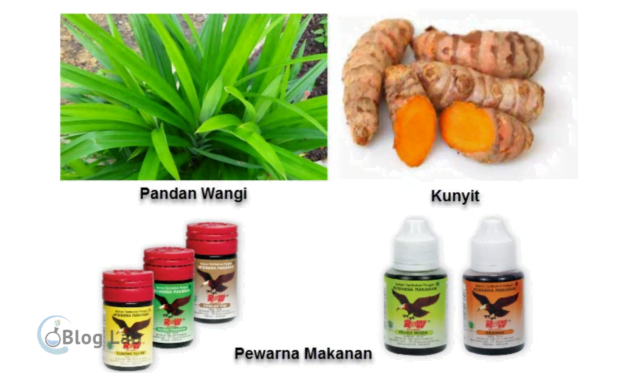
Food chemistry is a branch of chemical science that studies composition, properties and transformations of zat- chemicals in food. This branch includes nutritional analysis, food preserving, warming and cooling reactions, and interaction between food materials. Food chemistry is important in maintaining the quality and safety of the food consumed by humans.
15. Forensics Chemistry

Forensics chemistry is a branch of chemical science applied in the field of law and criminal investigation. These branches include trace analysis and chemical evidence to uncover crimes, like fingerprints, DNA, powder, and explosives. Forensics chemistry is essential in upholding justice and helping the legal system.
Conclusion
In this article, we've discussed a list of chemical branches and explanations. Each branch of chemistry has an important role in understanding and implementation of chemical knowledge in different areas of life. From inorganic chemicals that study zat- substances don't contain carbon, to forensic chemistry used in criminal investigations. Chemistry continues to evolve and contribute a great deal to human and environmental progress.
General Question (FAQ)
What's the difference between inorganic chemistry and organic chemistry?
Anorganic chemistry studies the properties, structures, and reaction to substances that don't contain carbon, like metals, minerals, and other inorganic compounds. Whereas organic chemistry studies the properties, structures, and zat@@
What are the branches of chemical science involved in the pharmaceutical industry?
The branches of chemical science that play in the pharmaceutical industry are either organic chemistry, analytical chemistry, pharmaceutical chemistry, and medicinal chemistry. Organic chemistry is used in synthesis of drug compounds, analytical chemistry used in qualitative analysis and quantifiable compounds of medicine, pharmaceutical chemistry related to research, development and medical production, while medicinal chemistry studies the relationship between molecular structure and pharmacological activity.
How does the role of environmental chemistry in maintaining environmental quality?
Environmental chemistry plays an important role in maintaining quality of water, air and land to keep clean and safe for life. This branch studies pollution and environmental pollution, waste management, water and air quality analysis, as well as environmental technology development. With environmental chemistry, we can identify pollutants, evaluate risks, and design solutions to keep environmental sustainability.
What distinguishes the chemical computing with theoretical chemistry?
computing chemistry uses computing methods and special software to understand and model chemical reactions and molecular properties. In computing chemistry, math calculations and computer simulations are used to predict molecular structure, energy reactions, and chemical properties. Whereas theoretical chemistry is more focused on developing mathematical models and computing to understand and predict properties of substances and chemical reactions in general.
Why is forensic chemistry important in criminal investigation?
Forensics chemistry is important in criminal investigation because it can provide strong scientific evidence in upholding justice. Through trace and chemical analysis, such as fingerprints, DNA, powder, or explosives, we can connect the perpetrator to the scene and help uncover the truth behind the incident. Forensics chemistry can also be used to identify dangerous substances, narcotics, or toxins associated with criminal acts.
Articles quoted from sources:1. compas.com 2 university 123.com 3. Captain's Comm.
